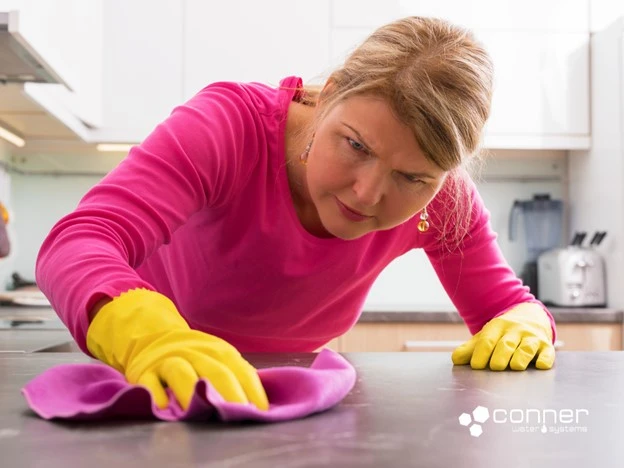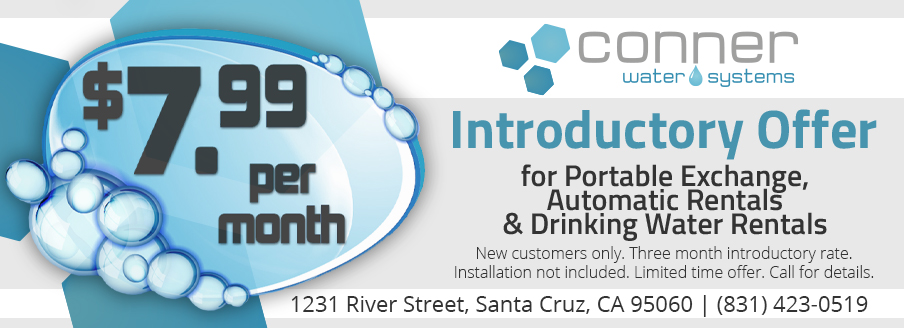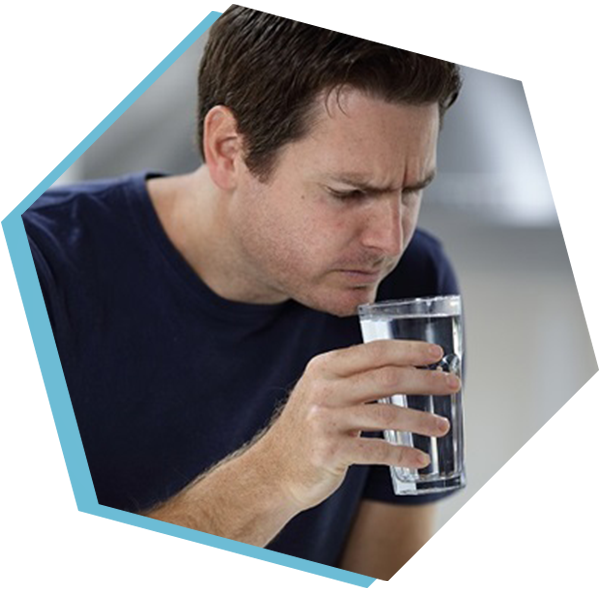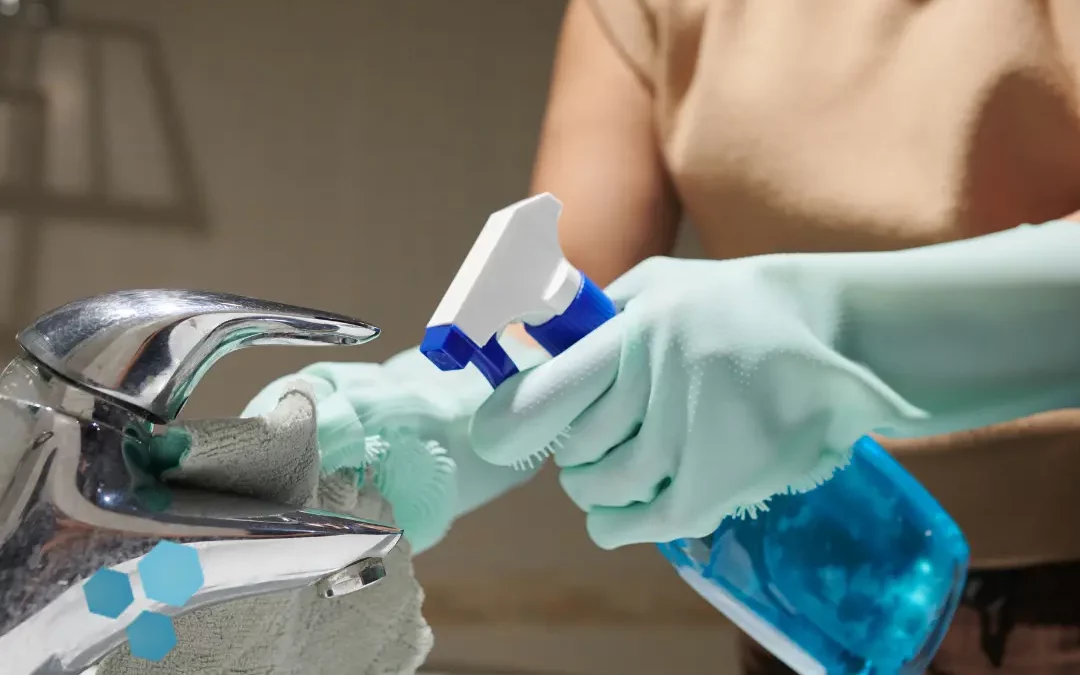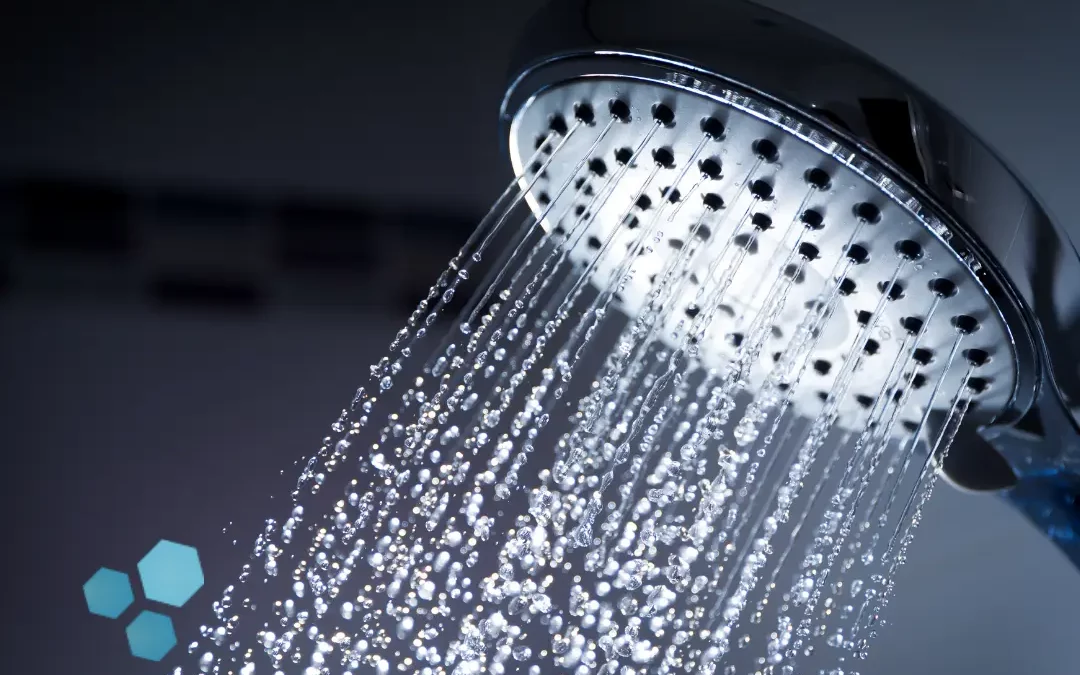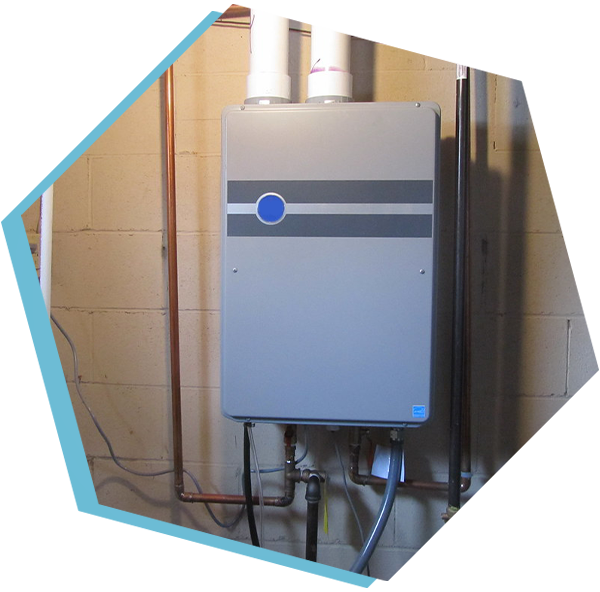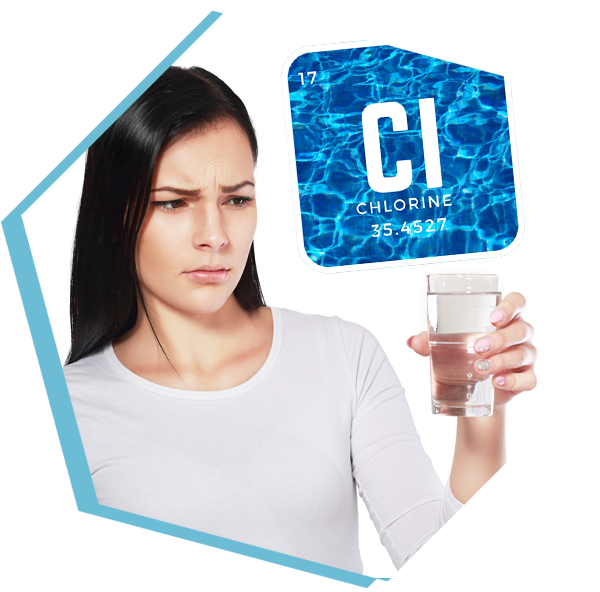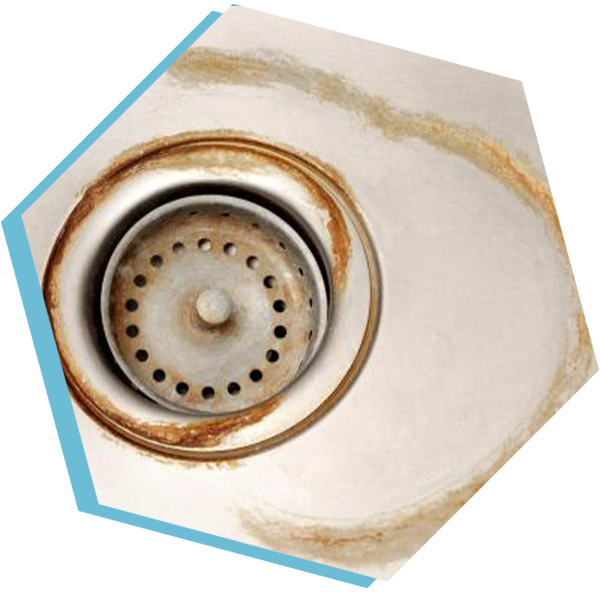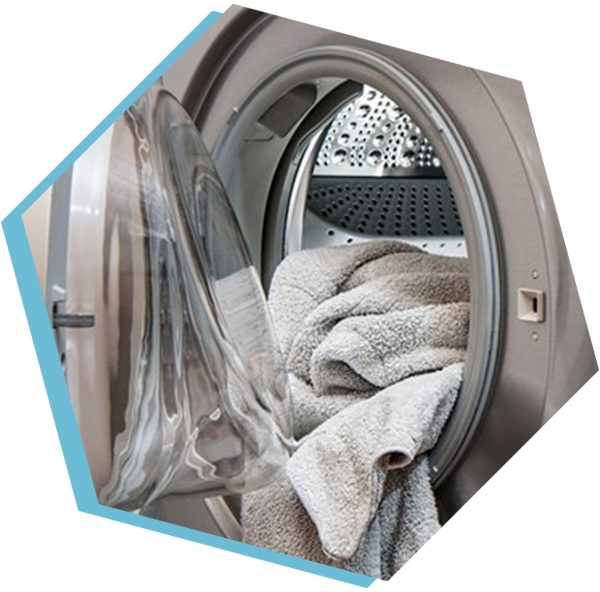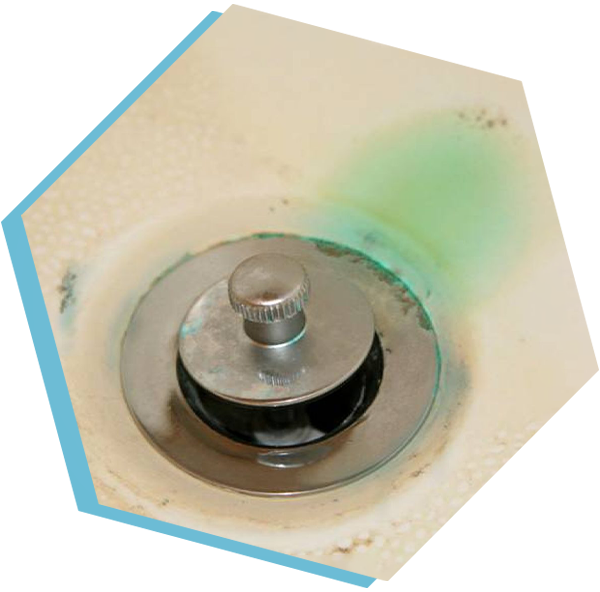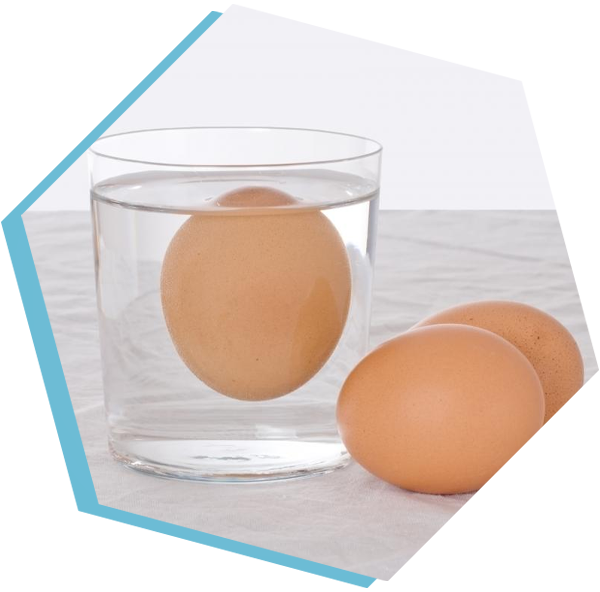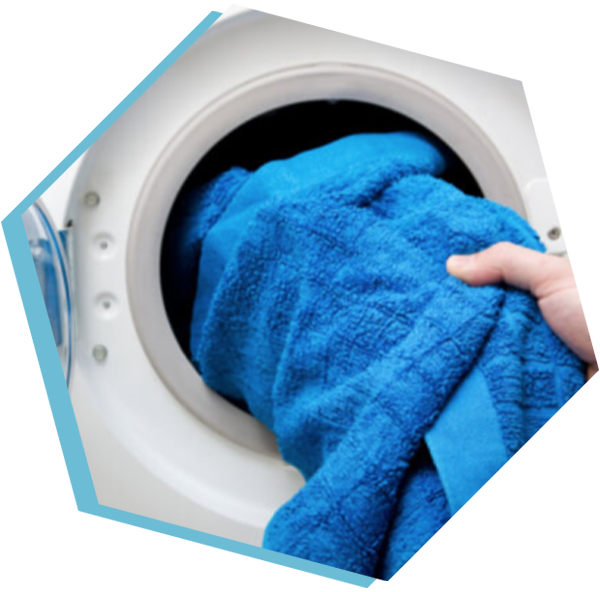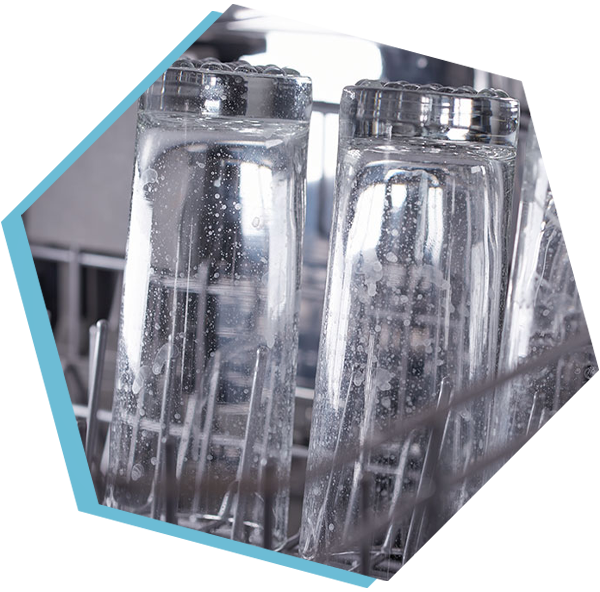If a recent water test has revealed that your home has hard water, you may be evaluating the pros and cons of water softeners and wondering what the best solution is for you.
First, it’s important to know that you’re not alone. According to most current estimates, approximately 85% of US households have hard water! While you may be in the majority, however, that doesn’t mean you want to continue living with the effects of hard water in your home.
Today, we’ll walk you through some of the top pros and cons of water softeners. Then, you can work with a local water treatment expert to make an informed decision and choose the best solution for your own household.
Pros of Water Softeners: 5 Advantages of Having a Soft Water System in Your Home
1. Pro: Water softeners can help prevent some plumbing issues.
One of the most common complaints about hard water is the mineral buildup it leaves behind. While you may notice this buildup on faucets, sinks, and other fixtures, the buildup is happening where you can’t see it, too.
If your home has hard water, there’s a good chance that mineral buildup can cause a variety of plumbing issues but most commonly, clogged pipes. As your plumbing fills up with minerals left behind, you may notice low water flow, reduced water pressure, or even broken pipes. With its reduced mineral content, however, soft water can help keep your pipes flowing freely.
2. Pro: Water softeners help water-using appliances run more efficiently.
The same mineral buildup we just mentioned can also happen inside your appliances when you have hard water. Water heaters, dishwashers, washing machines, and any other appliance that uses water can be damaged by the effects of hard water. Over time, they will run less efficiently (which means a higher energy bill for you) and may have a shorter lifespan. When you use a water softener, however, the soft water helps your appliances run as intended and also last longer.
3. Pro: Enjoy brighter laundry and softer, healthier skin and hair with soft water.
Hard water minerals don’t just build up inside pipes and appliances. They can build up on clothing, skin, and hair, too. The result is laundry that looks dingy even when it’s new, hair that appears dull and brittle, and skin that feels dry and itchy. What’s the solution? Install a water softener to see and feel the difference!
4. Pro: Save money on cleaning products with a water softener.
If you’ve dealt with the effects of hard water, you already know how much extra time and effort it requires for simple cleaning chores. That’s because it takes more energy, and often more cleaning supplies, to scrub away limescale or mineral buildup from sinks, toilets, showers, and fixtures. You may also notice that soaps and shampoos don’t lather as well when used with hard water.
With soft water, cleaning chores become easier and you’ll often need fewer cleaning supplies to do the job. You’ll save money on soaps and shampoos, too, since you can use much less of them to get the lather you love.
5. Pro: Get better-tasting drinking water with a water softener.
Even though water softeners aren’t drinking water systems, they can help improve the taste of your tap water at home. That’s because hard water often has a bitter, metallic taste and can even affect how your coffee, tea, and other beverages taste.
With the removal of hard water minerals via a water softening system, you may notice that your drinking water tastes and smells better. Plus, you won’t have those pesky water spots on your drinking glass either!
Cons of Water Softeners: 3 Disadvantages to Consider
1. Con: Water softeners can be a significant purchase.
Water softeners can vary widely in price, both for the system itself and also its installation. Factors that affect how much a water softener costs include where you live, the softener’s type and size, as well as labor costs in your area. For many homeowners, however, the cost is well worth the benefits that soft water can bring.
2. Con: Water softeners require maintenance.
Just like any other home appliance, water softeners need regular maintenance to continue to function at their best. While you may be able to do some basic maintenance tasks yourself, many of the necessary maintenance items will need to be done by a water treatment technician.
If you have a salt-based water softener, it will also need to be filled regularly with water softener salt. Since the bags of salt can be heavy or awkward to handle, homeowners with limited strength or mobility may find this challenging.
3. Con: Water softeners are banned in some communities.
Salt-based water softeners have become regulated by many municipalities in recent years. That’s because they discharge concentrated brine into septic and sewer systems during their regeneration cycle and this can cause environmental concerns.
Consult with the Santa Cruz Water Treatment Experts to Find the Best Residential Water Treatment System
Conner Water Systems has been providing top-quality water treatment products and services to the people of Santa Cruz County for over 60 years. So, whether you live in Santa Cruz, Live Oak, Rio Del Mar, Boulder Creek, Los Gatos, or any of the surrounding areas, we have a soft water solution for you!
Our water treatment experts can help you determine which water softening solution will best meet your needs, regardless of whether your water comes from a private well or a municipal source. We also offer Portable Exchange Tank (PET) Service – the perfect salt-free soft water solution. This is ideal for homeowners who don’t want to maintain a system themselves, handle heavy bags of salt, or live in an area that regulates traditional salt-based softeners.
Simply contact us today to learn more about our water treatment solutions and get the quality water you need and deserve!

